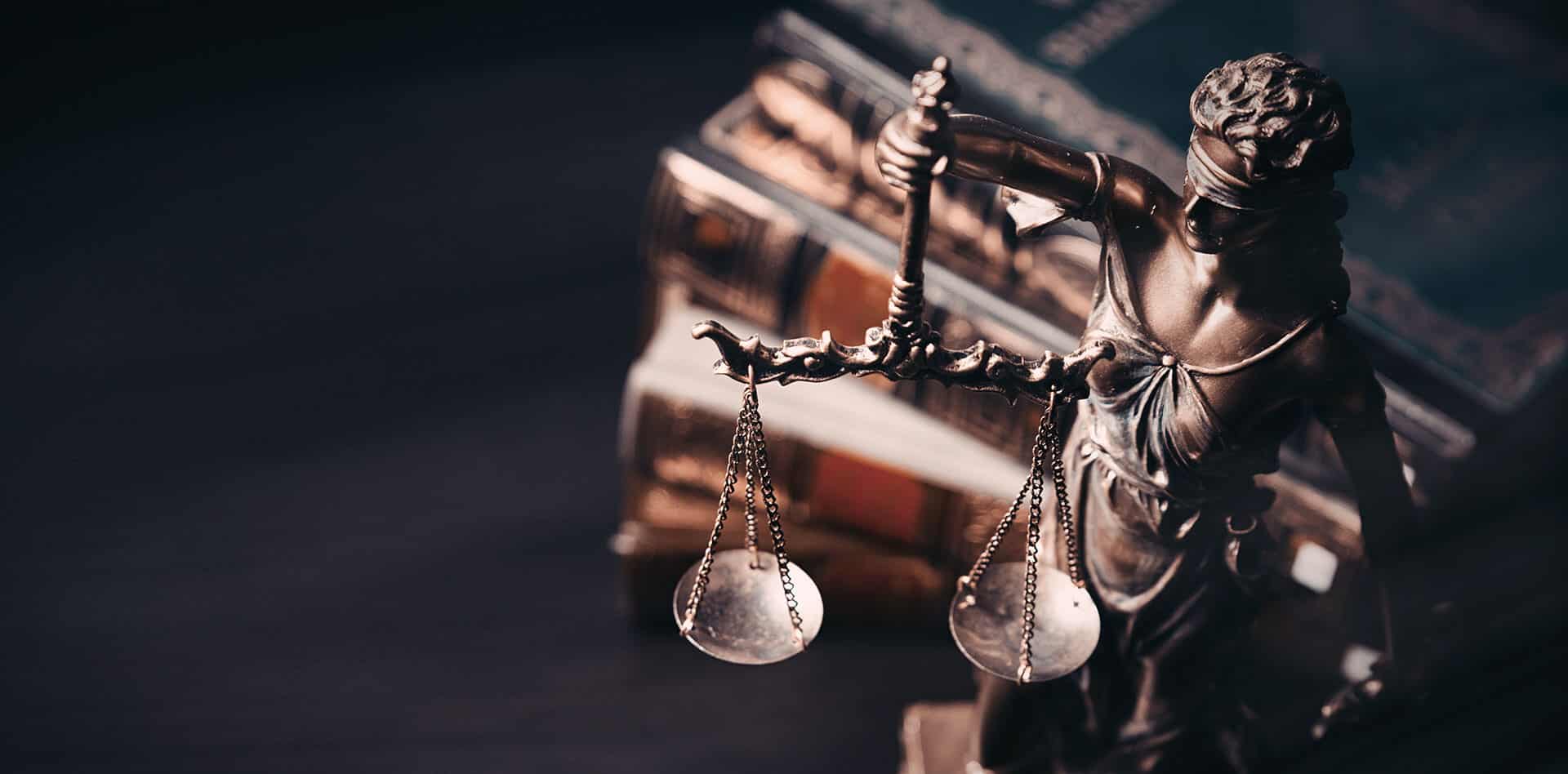Get Your 100% Free
Debt Relief Consult
What Fees Can a Debt Collector Charge?

People in debt often find themselves in situations where their debt has been sold or charged off to a third-party debt collector. Unfortunately, these people typically see the original amount owed significantly increased after it goes to collections. This is commonly due to interest, fees, and charges, but they are not always valid or handled by reputable collection agencies.
You should consult a knowledgable Ohio debt lawyer to determine whether the additional fees and charges are permissible under federal and Ohio law. With considerable experience providing relief and other debt solutions, call LHA at (888) 726-3181 to set up a free consultation.
Fair Debt Collection Practices Act
The Fair Debt Collection Practices Act (FDCPA) is a federal law that, among other things, prohibits unfair practices in attempting to collect a debt. For example, the FDCPA prohibits the collection of any amount, including any interest, fee, charge, or expense, in addition to the principal amount owed, unless it is expressly authorized in the original debt agreement or permitted by law.
Therefore, debt collectors are only entitled to collect under the terms of the original debt agreement. If that agreement provides for additional fees, penalty interest, or other charges, then the collector is probably allowed to add those to the amount to be collected.
However, there may be some instances in which a debt collector will assess fees in excess of what’s allowed. As a consumer, it is critical to question any additional charges that a debt collector may attempt to collect.
How to Determine the Amount Owed
If a debt collector is trying to collect an amount greater than the amount you owed to the initial creditor, your first step should be to analyze the terms of the original debt agreement.
This agreement should set forth what fees, interest charges, or penalties the debt collector can add. Any additional charges outside of the debt agreement must be permitted by Ohio law – otherwise, it is prohibited.
Interest & Fees
Many credit agreements now specify how much debt collectors can tack on. For example, agreements might stipulate that interest continues to accrue on a debt even after it falls into debt collection.
Therefore, even if the company sells your debt to a collection agency, the collector will pick up where the original creditor left off. Additionally, many credit agreements now include provisions that if the debt falls into collections, the debtor takes responsibility for the total cost of collection. This includes collection expenses, attorneys’ fees, and court costs. The collector would likely be permitted to add these costs to the original debt.
Work with an Experienced Ohio Debt Lawyer
If you suspect a debt collector charged you interest and fees outside of the original agreement, you may need help from an experienced and knowledgeable consumer lawyer. An attorney can assess the situation, protect your interests, and help validate the amount.
Debtors have protections under the FDCPA and Ohio law. If you believe that the amount the collector is attempting to collect is unfair, you and your consumer attorney can examine the terms of your agreement and other laws to determine the best course of action. This can mean filing a legal action against the creditor and pursuing damages.
Consult LHA Today
The veteran consumer law attorneys at Luftman, Heck & Associates can help you navigate the complex maze of laws and procedures involved in the debt collection process and negotiate with collectors, if necessary.
Call us at (888) 726-3181 or email us at advice@ohiodebthelp.com for a free, initial consultation.
